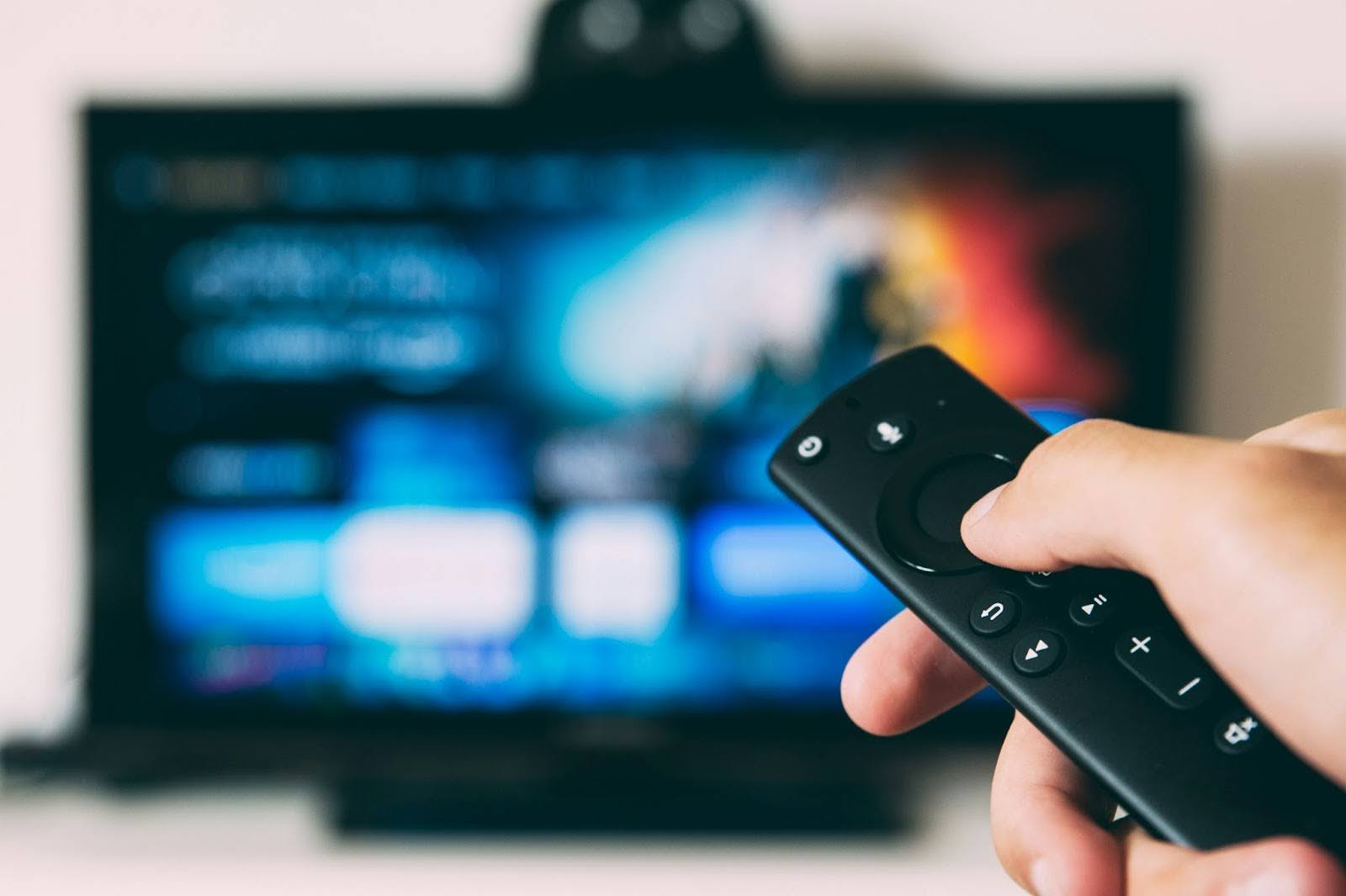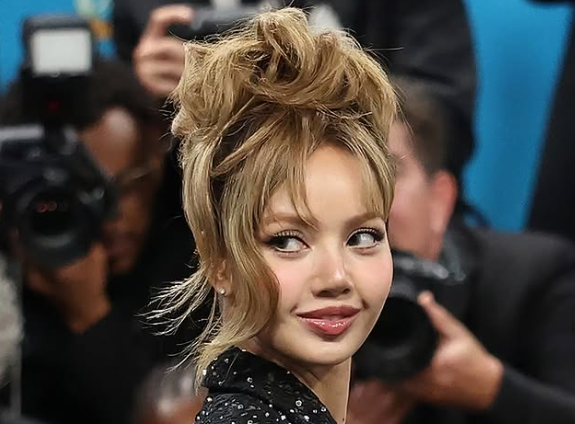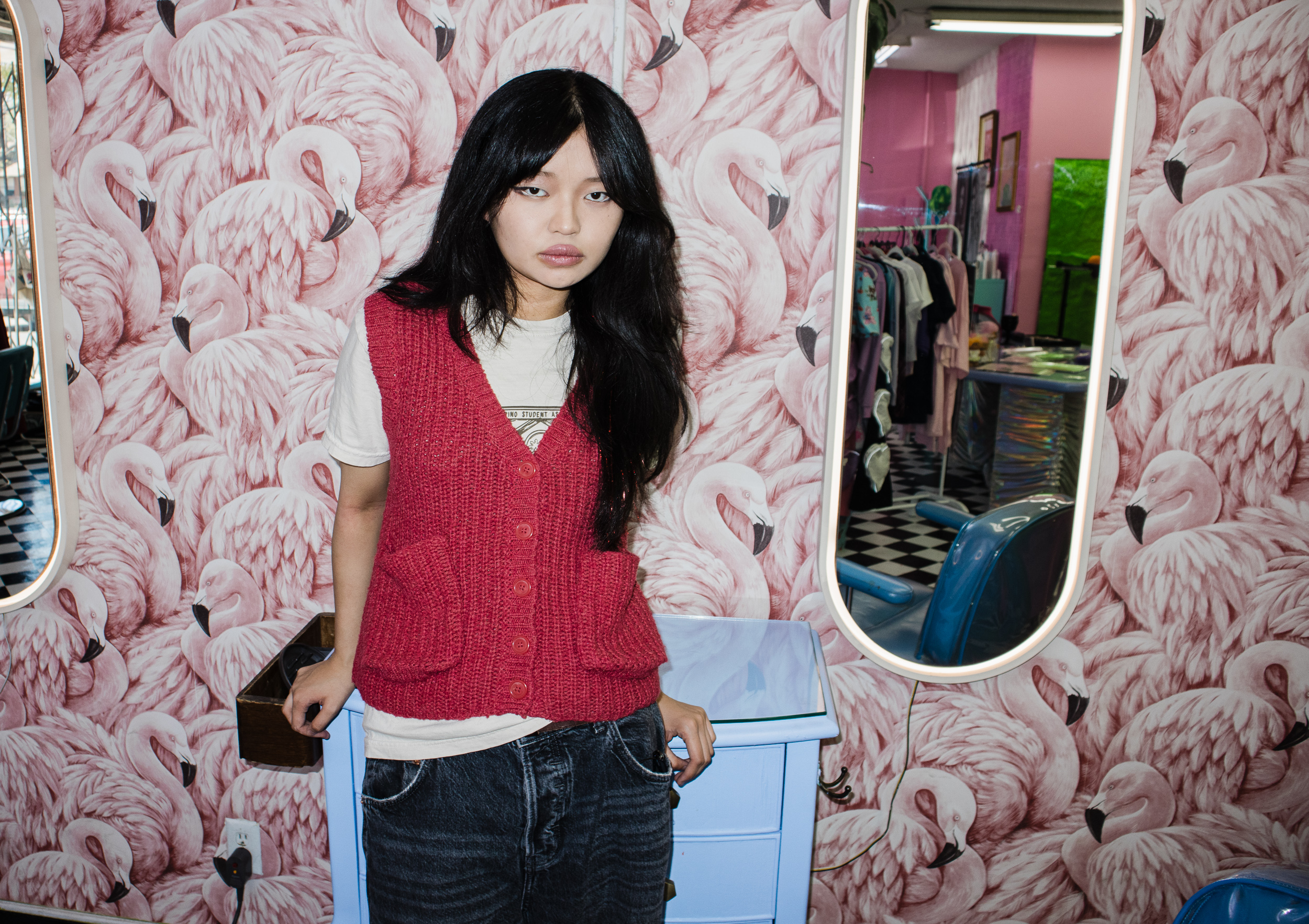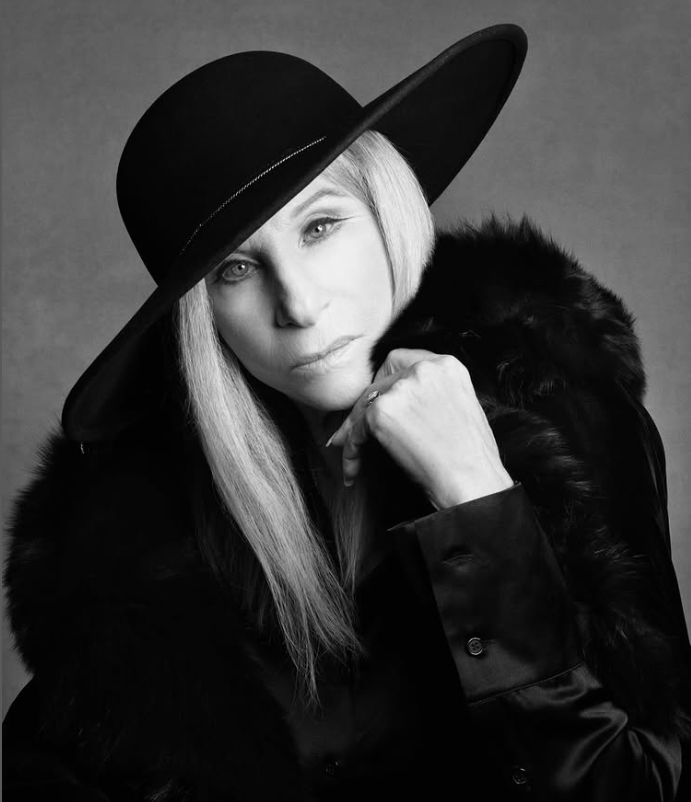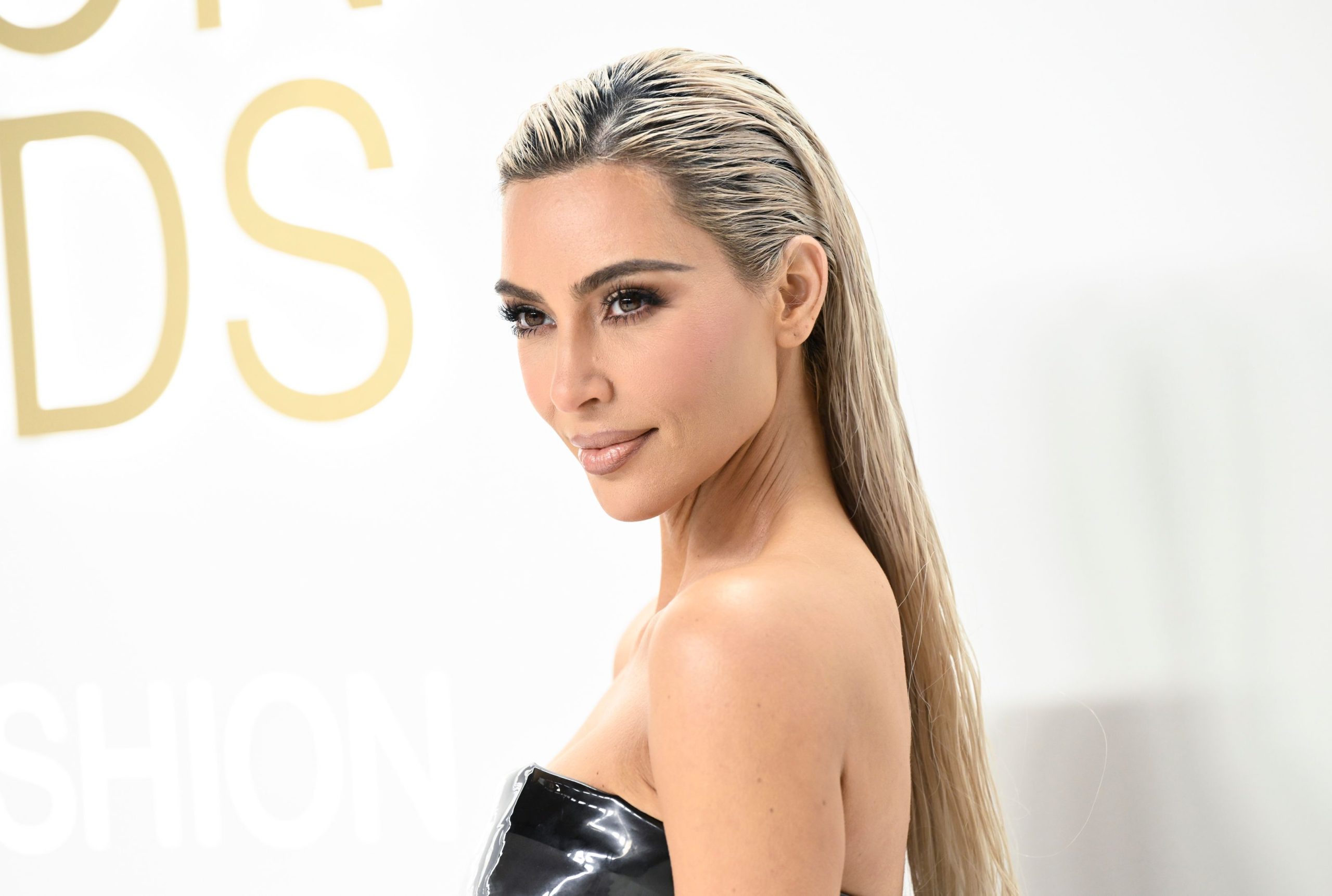
Jameela Jamil National Institute for Reproductive Health's Champions of Choice Awards
Photo by Jennifer Katzman (Shutterstock)
Instagram just announced that it will block certain diet products and cosmetic surgery from being advertised to Instagram users under 18.
It will also block ads that promote “miraculous” weight loss products and link to commercial offers. The policy will also extend to Facebook and will allow users to report content that they believe violates the new rules.
The platform’s public policy manager, Emma Collins, implied that the policy is part of a larger initiative to improve the often negative side effects of Instagram. “We want Instagram to be a positive place for everyone that uses it,” she said, “and this policy is part of our ongoing work to reduce the pressure that people can sometimes feel as a result of social media.”
The platform’s decision is largely thanks to the efforts of Jameela Jamil, the Good Place star whose vocal criticism of the Kardashians’ advertisements of flat tummy teas and similar products sparked a widespread backlash against diet advertisements on the whole. “For huge corporations [like Instagram] – who are the main access points for these companies to sell their products to young people over the internet – to say they don’t condone this sends out a huge ripple across the earth,” Jamil told Elle UK in response to the social media giant’s announcement. “It says that if giant corporations are willing to take a stand against this, then it must be really serious.”
The policy has already gone into effect, and now, you won’t be able to see Kim Kardashian’s ad for fit tummy tea unless you’re logged into Instagram and registered as someone over 18. It will also affect posts by Cardi B, several Victoria’s Secret models, and several thousand influencers.
While this is a move in the right direction, it needs to be the beginning of a much larger cultural shift. The diet industry is currently worth around $70 billion, and it’s believed that more than 30 million people in the United States suffer from an eating disorder. Most of its initiatives have more to do with controlling people (particularly women) and making bank than with any form of health.
While young people are most likely to experience body image issues, people of all ages—not just under 18—shouldn’t have to see advertisements for fit teas and other products that have been proven to be ineffective and dangerous. Most fit teas and quick-result diet products are merely laxatives, and if they’re used in the long term they can cause serious damage.
So much of diet culture is motivated by the fact that corporations can earn millions off people’s insecurities—and as these profit models have shifted to Instagram, they’ve become even more insidious, and worked their way into the fabric of our everyday lives. These industries make us think that if we do a little more, work a little harder, and even just look a little different, we’ll be happy, but of course, this happiness is really a black hole that ends in an empty wallet.
- How Influencers Are Harming You: Kylie Jenner and Toxic Beauty … ›
- Jameela Jamil Eviscerates Piers Morgan’s Sexist Comments and … ›
- Kylie Jenner Threw a Tone-Deaf “Handmaid’s Tale” Party, and Why … ›
- Modern Diet Takes You Into Their Chaotic World With Latest EP … ›
- Invisible Illness in Pop Culture: What Do Jameela Jamil and Jake Paul Have in Common? – Popdust ›
- Jameela Jamil Comes Out as Banksy – Popdust ›
- Instagram bans ‘miracle’ diet product promotions by celebrities and … ›
- Diet Sabya (@dietsabya) • Instagram photos and videos ›
- Instagram influencers: Instagram plans to restrict posts promoting … ›
- Instagram to restrict posts promoting ‘laxative’ diet teas ›
- #diet hashtag on Instagram • Photos and Videos ›
- Instagram clamps down on diet and cosmetic surgery posts – BBC … ›
- Instagram Heeded Jameela Jamil’s Diet Product Protest ›
- Instagram Heeded Jameela Jamil’s Diet Product Protest ›
- Instagram will restrict posts on cosmetic surgery and diet products ›
- Instagram will restrict posts on cosmetic surgery and diet products ›
- Instagram clamps down on diet and cosmetic surgery posts – BBC … ›
- Instagram Puts Limits On Posts Promoting Cosmetic Surgery And … ›
- Instagram tightens rules on diet and cosmetic surgery posts … ›
